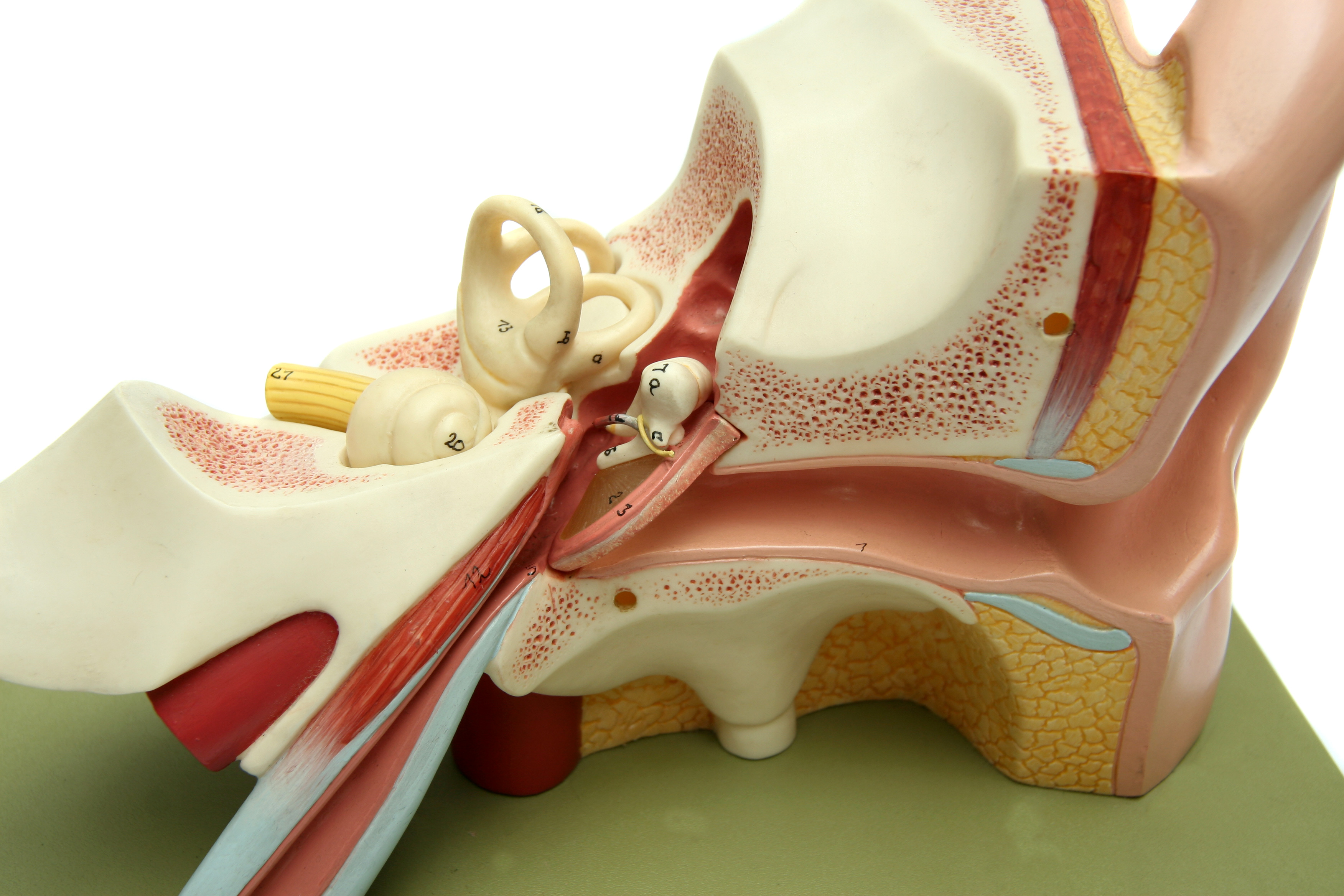
TUESDAY, Dec. 1 (HealthDay News) — Pregnant women who are poor are more likely to deliver a very preterm baby than more affluent women, even though both groups typically receive equal care, a new British study shows.
The University of Leicester research team said their findings show the need to learn more about the association between economic status and preterm birth.
For the study, the researchers looked at 7,449 very preterm infants and calculated a “deprivation score” for each infant and mother. They found that mothers from the most deprived areas were nearly twice as likely to have a very preterm infant (less than 33 weeks’ gestation) than mothers from the least deprived areas. In addition, the number of infant deaths due to very preterm birth was nearly twice as high in the most deprived areas.
However, according to the report published in the Dec. 2 online edition of the BMJ, all of the very preterm infants had similar survival rates and levels of neonatal care. So, while there are socioeconomic-related disparities in preterm birth rates, deprivation doesn’t appear to be a barrier to accessing and receiving neonatal care.
This indicates that gaining a better understanding of the link between deprivation and risk of preterm birth should be a major research priority, the study authors said.
“It seems highly likely that such work could lead to public health strategies that would reduce the costs not only of neonatal care but also attached to the long-term health problems suffered by some of these babies,” they concluded.
More information
The U.S. National Institute of Child Health and Human Development has more about preterm birth.

